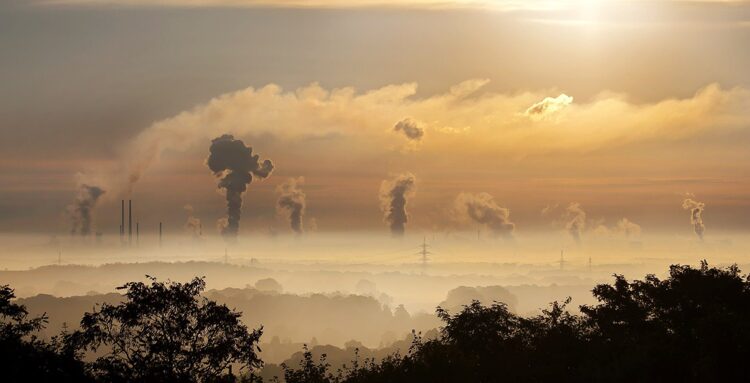Sep 24, 2020 / News
Analysis: Going carbon neutral by 2060 ‘will make China richer’

The significant new announcement, made by president Xi Jinping at this week’s UN General Assembly, means that more than one sixth of the world’s population – and around a third of its CO2 output – has, overnight, been committed to net-zero emissions within 40 years.
We used Cambridge Econometrics’ E3ME macroeconomic model to analyse the implications of the pledge, finding that China’s CO2 emissions would need to fall rapidly to reach net-zero by 2060.
The huge scale of investments required to do this would raise China’s GDP by as much as 5% later this decade, with a modest ongoing positive impact due to reduced fossil-fuel imports.
China’s investments would not only drive dramatic reductions in its own CO2 emissions, but would also lower the cost of clean energy, creating a positive “spillover” effect in other countries.
In total, the pledge could mean global warming this century reaching around 2.35C, some 0.25C lower than the level expected in our baseline – even if others do not raise their own climate goals.
Path to zeroIn order to push China to reach net-zero CO2 emissions by 2060 in our model, a whole range of policies would need to be implemented. The foundations are provided by a combination of energy efficiency rules and carbon pricing, built on the country’s nascent emissions trading scheme.
China would also need to offer support for specific technologies to accelerate existing trends in their uptake – for example, via feed-in tariffs for renewables or subsidies for electric vehicles. It would also need to ensure that no new coal plants are built, emphasising the important role of regulation in directing markets towards net-zero emissions.
These interventions would dramatically cut China’s CO2 emissions over the next 40 years, relative to what we would expect under existing policies and technology trends. Cumulatively, this would avoid the release of 215bn tonnes of CO2 over the next four decades. [...]

